TL17HOT
Latest
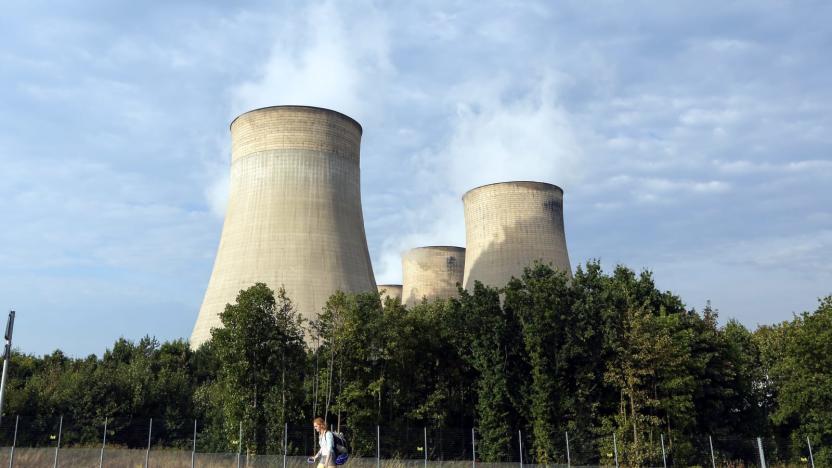
Britain has its first day of coal-free power in 135 years
Coal power has been a fixture of British culture ever since the country's first plant went live in 1882. It shaped the Industrial Revolution (and the air pollution that followed), was involved in major labor disputes and even led to a famous album cover. However, the country is now backing away from coal -- and it just achieved an important milestone in weaning itself off of this dirty energy source. The National Grid has confirmed that, on April 21st, Britain went without coal-generated power for its first full day in 135 years. There had been relatively long stretches in recent times (19 hours in May 2016, for instance), but none as long as this.
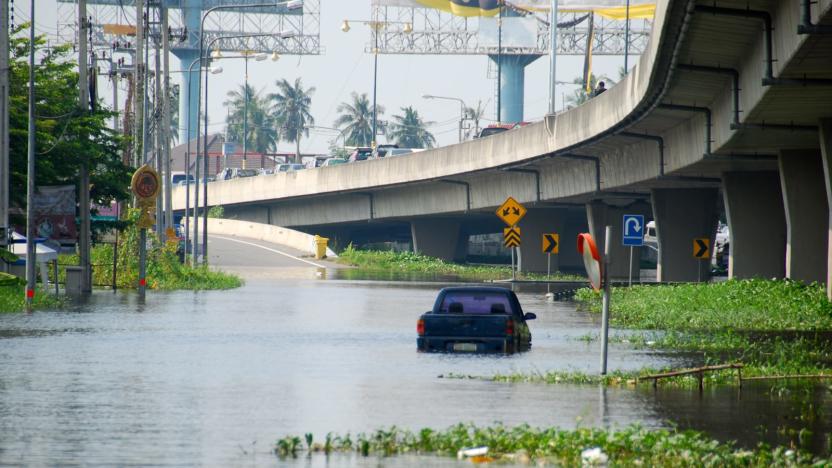
Man-made global warming makes droughts and floods more likely
We already know that man-made global warming is bound to affect our planet, but it's hard to connect human activities to specific events. Now a team of Penn State scientists have published a study that says human-caused climate change makes extreme weather conditions such as droughts, heat waves and floods more likely. With the help of actual observation data and climate models, the researchers studied weather events caused by narrow bands of strong winds called jet streams in the northern hemisphere. While these winds flow eastward, they sometimes get stuck due to certain temperature conditions. When they do, whole regions in Europe, North America and Asia have to endure whatever weather event they bring for extended periods.
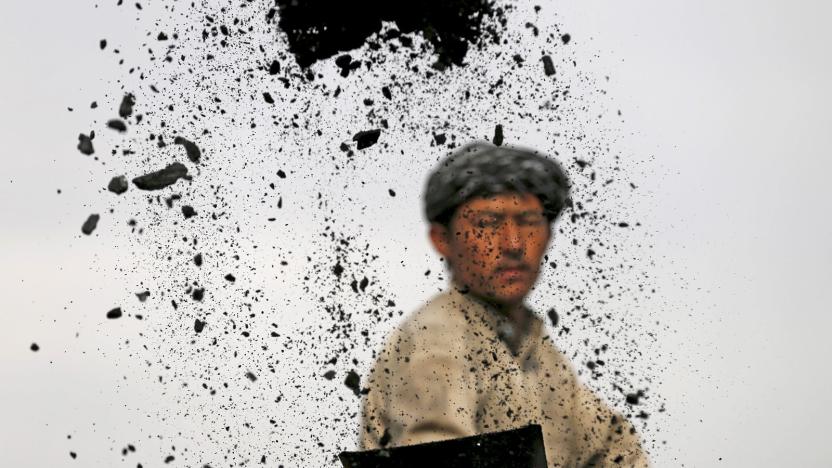
Dear Donald Trump: 'Clean coal' doesn't exist
"Clean coal" is an oxymoron. Even if you took a hunk of coal, doused it in bleach and scrubbed it for six hours with a soapy horsehair brush, it would still cause lung cancer and fill the air with carbon emissions when you burned it. Anyone who says otherwise is lying. However, the phrase "clean coal" is ridiculously tenacious in public discourse. Just this week, President Donald Trump used it: As he signed an executive order rolling back a bevvy of environmental protections laid out under the Clean Power Plan, he turned to the coal miners staged around his desk and promised to "end the war on coal and have clean coal, really clean coal." The president of the United States is lying.

Oceans are warming faster, expect more floods
A team of researchers have successfully found a way to error-correct and clean up historical oceanic temperature data. The champagne will stay in the refrigerator, however, since the new information offers up more bad news on the state of the planet. It turns out that we've been grossly underestimating the warming effects of climate change for the last half a century.
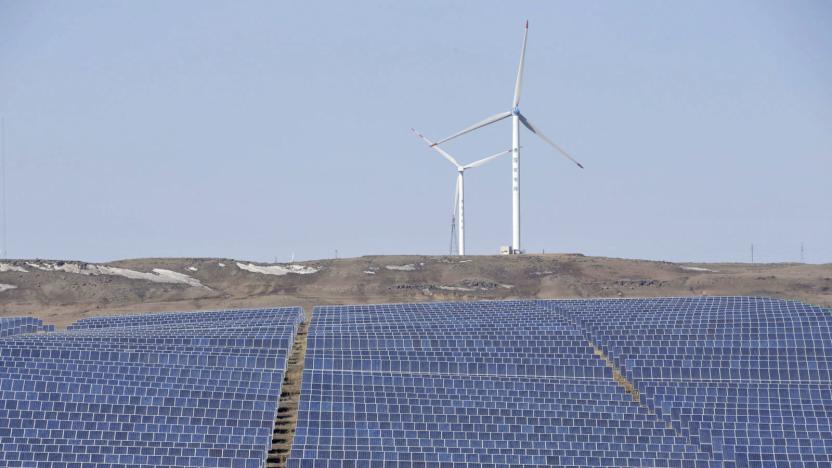
China is now the biggest producer of solar power
You probably don't think of China as a clean energy champion given its frequent problems with smog and continued dependence on coal power, but you may have to rethink your views after today. The country's National Energy Administration has revealed that its solar power production more than doubled in 2016, hitting 77.42 gigawatts by the end of the year. The country is now the world's biggest generator of solar-based electricity in terms of capacity -- it doesn't compare as well relative to population (Germany, Japan and the US could easily beat it), but that's no mean feat for any nation.

Ireland votes to stop investing public money in fossil fuels
Ireland just took a big step toward cutting coal and oil out of the picture. Its Parliament has passed a bill that stops the country from investing in fossil fuels as part of an €8 billion ($8.6 billion) government fund. The measure still has to clear a review before it becomes law, but it would make Ireland the first nation to completely eliminate public funding for fossil fuel sources. Even countries that have committed to ditching non-renewable energy, like Iceland, can't quite make that claim. The closest is Norway, which ditched some of its investments back in 2015.
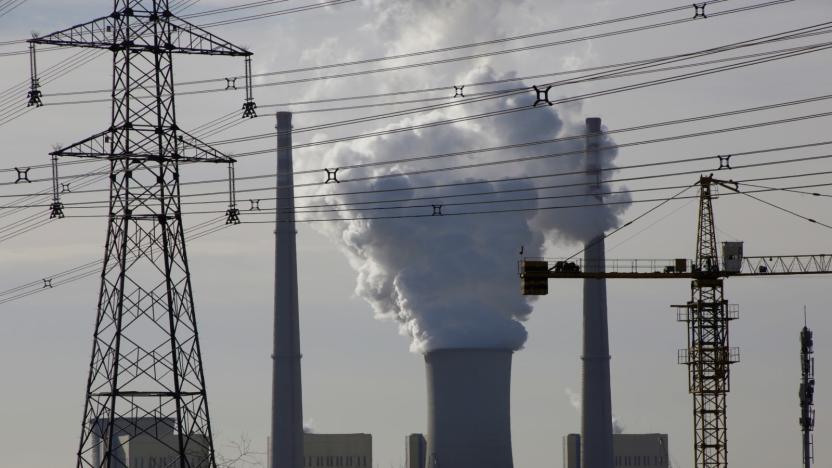
China suspends plans for 85 coal power plants
China is taking some steps to curb pollution (it doesn't have much choice), but one of its most recent steps may be more of a happy accident. The country's National Energy Administration is suspending 85 planned or in-progress coal power plants -- not because they're threats to the environment and public health (which they are), but because they don't fit in with China's latest Five Year Plan. It's targeting a coal capacity limit of 1,100GW, but the plants would have brought it to 1,250GW. While that's still an increase over the current 920GW capacity, it's definitely an improvement.

These seven climate science projects could save the world
The human race is doomed, and it's all our own fault. With the quantity of carbon in our atmosphere now well beyond the safe limit, it's almost certain the planet's temperature will continue to rise. Climate change is causing natural disasters of biblical proportions; a situation that's only going to get worse as time progresses. We all need to work harder to improve this situation by using less energy and behaving more responsibly. But since some people will never be convinced the Earth's rapidly approaching the end of its humanity-hospitable era, we're now in dire need of alternative options to save us from ourselves. To help get the word out, we've compiled a list of some of the most exciting scientific projects we've seen of late that could, if successful, undo some or all of the damage we've caused. [Image: Lisa Werner / Alamy]



